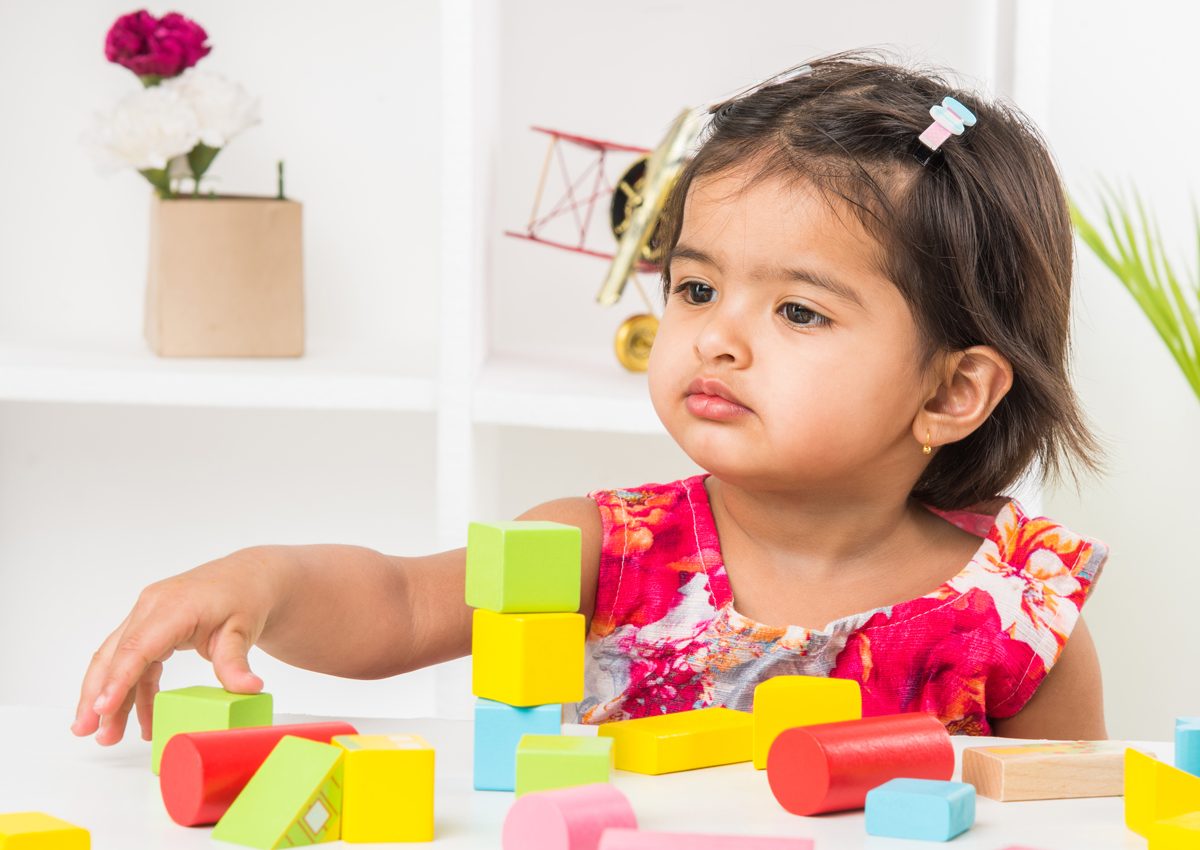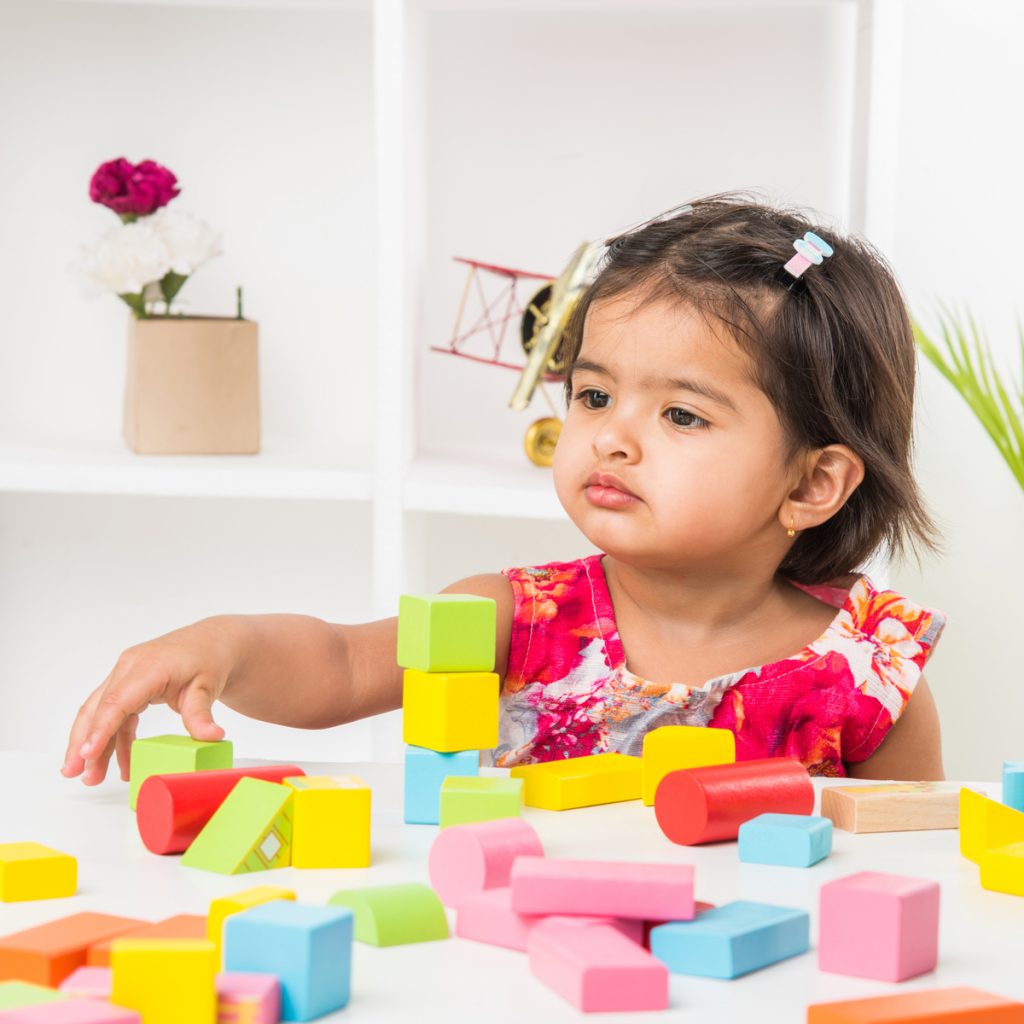
Sending a child off to preschool is a bittersweet moment for every parent. You can’t wait for them to begin a new and educative phase of their life, yet it’s hard to let them go. And while every parent must work through these mixed feelings, it certainly helps to know that you’ve picked a good preschool- one where your child will be cared for with the utmost attention.
Legal Anabolic Steroid By Eat Local | Prohormones & Sarms | Buy Drugs nandrolone for sale the anabolic diet and workout – fitnessrx for menA common question many parents face is one that goes “Does my child really need preschool?”

The answer is yes! A preschool sets the foundation for learning, growth as well as emotional development that will benefit your child when they advance further to kindergarten, elementary school, and so on.
Let’s take a look at all the ways a good preschool will shape your child to become their best version!
Why should you enroll your child in a preschool?
While there seems to be a growing trend of parents opting to home-school their toddlers, one can’t deny the benefits that preschool offers. And once you think about it, a preschool is so much more than a learning platform. It provides a wholesome experience that nourishes a child’s emotional, social, physical, and mental development.
A healthy attitude toward learning
At the age of 3-6 years, children are innately curious and love exploring everything around them. Their minds are eagerly soaking up and storing information just like little sponges. At this crucial age, children can learn new concepts which will set a strong foundation for them in their next formative years.
A good preschool nourishes young minds, enriching them with the necessary information and tools that will shape their future. Furthermore, it instills in them a positive outlook toward learning and prepares them for the academic journey ahead.
Getting them ready for Kindergarten
Enrolling your child in preschool is a great way to prepare them for kindergarten. Not only does it give them a head start in learning, but also gets them accustomed to the more academic environment that one sees in kindergarten.
Preschools are in fact a stepping stone that perfectly balances play-time with learning, almost like a training wheel on a cycle. Starting an early education ensures better performance not only for their present but for their future as well. Apart from academics, it also contributes to boosting their self-esteem and molding their personality.
Extra-curricular activities that develop their motor skills
It’s no surprise that your child is going to adore all the extra-curricular activities that every preschool offers. From coloring with crayons to playing and climbing on slides, there’s a lot that is bound to keep your toddler amused.
But it’s much more than just fun and games! Activities such as art, crafts, running, and climbing improve their hand-eye coordination which help develop their motor skills.
Encourage interpersonal relationships
Your child will finally be with other children of the same age and this can be a very exciting step for them. They may take a while to get accustomed to it, but once they do, preschool becomes so much more fun for them.
It’s a great learning ground for children to explore their interpersonal skills and form bonds with their peers. These interactions help a child build up his self-confidence and are a great way to participate in group activities.
Promote emotional development
When children spend time away from home, they will want to feel safe and cared for by the teachers. Once they begin to form trusting relationships with their teachers and peers, it will nurture their emotional growth and in turn urge them to learn more.
They also begin to care for themselves as well as others. Activities like playing and eating meals together, sharing toys, and participating in group activities, promote a sense of belonging and will nurture your child emotionally as well as develop his social skills.
A good preschool will always emphasize encouraging warm relationships so that your child feels safe enough to express his/her emotions and explore their individuality.
Improves their language and vocabulary
It’s no surprise that you’ll see a major improvement in their language skills once you enroll your child in preschool. Though parents can effectively teach their children a few words and sentences at home, the environment and guidance that children receive at a preschool will drastically improve their vocabulary. They learn new words every day along with using these words to form structured sentences.
All in all, they will slowly be able to communicate their thoughts and expressions in a better way.
What’s the best age to enroll your child in preschool?
So, when is the ideal time to send your child off to pre-school and is there even such a thing as the ‘right age’? Though the age of 2.5 years of age is the accepted age, many children start preschool at 3 years. While most parents will be eagerly inclined for their toddlers to begin preschool early, there are a few things to consider.
A child’s social, emotional, physical as well as cognitive development are all deciding factors that will guide a parent to make the final call. All parents face this decision with a lot of mixed feelings as they always want the best for their children. To make things easier, here are a few things you should check off your list that will make go a long way in determining the readiness of a child for preschool.
1) Routine:
Is your child ready to stick to a timetable at home? Pre-schoolers too have different times for various activities like studying, playing, lunch, and nap time. If your child finds it difficult to stick to a schedule, then maybe it’s time to start that practice at home first. You can begin with a simple task of making meal timings, so your child will know that it’s time for a meal. You could also start a bedtime activity, like storytelling!
2) Physical Stamina for Preschool:
Preschool is all about exploring and interactions. So, there are going to be many field trips and different projects that will require both mental and physical stamina. Take some time to evaluate if your child is comfortable undertaking different activities. Another aspect to consider here is your child’s nap time. Though many preschools schedule a nap time, it’s usually only after lunch.
3) Independence:
Is your child independent enough to complete a task or art project on his own? If your child likes to undertake such activities and is curious to learn more then he is ready for preschool!
If not, start by letting them carry out small tasks that will boost their self-confidence and make them eager to take control. Simultaneously, reward their behavior to inspire in them a positive attitude towards doing the same.
4) Communication Skills:
When it comes to communicating, examine your child’s ability to express himself. Is he able to do it effectively using short words and sentences?
No pre-schooler is expected to speak perfectly but people around him should be able to understand what he is saying. In the same manner, he should be able to hear and understand instructions. Pre-schoolers use very simple sentences of three to five words. If your child can describe a setting within this framework then he is well on his way to preschool.
5) Ready to spend time apart:
Spending time away from parents can be upsetting and stressful for toddlers. Children who have never been away for their parents will have a hard time adjusting to preschool. To ensure a smooth transition, you can prepare your child by helping him make new friends and introducing him to new environments.
Physical separation for some children can be very upsetting and overwhelming. To counter this, you can bring this into his schedule by planning weekly trips to relatives’ homes or having him play with his siblings or friends.
5) Is he Potty trained?
Some preschools require that their students be potty trained, or at least well on their way. Knowing about self-care is important for any child starting preschool. Can he wash his hands or tie his shoes? Does he need help with them?
Start with simple tasks that are easy to grasp which will make the whole process much easier.
Tips to choose the right preschool for your child!
Every parent wants the best for their child so it’s understandable how overwhelming it can be to choose the perfect preschool for your toddler.
While it’s common to narrow down preschools based on their location, working hours, budget, and credibility- we have a few more things that you should definitely consider.
- Staff and teachers:
Since your toddler will be spending the majority of their time at a preschool, having the right kind of staff will mould their personality. Take note of how the teachers at the preschool interact with their students. Teachers that enjoy working with children will share a good bond with them, facilitating overall development and letting your child come out of their shell.
Alongside this, inquire what the teacher-to-student ratio is. With fewer children, the teacher can ensure that every child receives individual attention.
- Curriculum and approach:
Every child has their own individuality and hence they work better in some environments as compared to others. Understanding your child’s strengths and weaknesses will help you decide which curriculum to opt for.
Just like different boards in schools and colleges, preschools follow a variety of approaches. Always remember to look through the brochure of the preschools you visit which will talk about the philosophy and approach that they follow.
Deciding on which approach is the best one for your child will require you to evaluate the learning needs of your child. Some children learn better through visual cues while some grasp concepts better through hands-on experience. Keeping this in mind, here are some of the most popular curriculums that preschool in India follow:
- The Reggio Emilia Approach
This approach is used in mostly all preschools. However, it is mixed with one or two other forms of instruction. The Reggio Emilia Approach appreciates the curiosity present in every child and encourages them to learn through exploring different ideas. These ideas could be in the form of painting, sculpting to art and drama.
The environment seen in this kind of approach is one which is well connected. Children work closely with their teachers and peers and form strong interpersonal relationships.
- The PlayWay Approach
One of the more flexible approaches, PlayWay encourages learning through ‘play’. Unlike the other structured methods, PlayWay places an emphasis on learning through music, stories, and arts and crafts and is more of a hands-on approach.
It allows children to explore their creativity and imagination and urges them to understand basic concepts instead of simply memorizing them.
- The Waldorf Approach
Another popular preschool approach is the Waldorf method also known as the Steiner approach. This curriculum follows the philosophy that merely reading, and learning is not enough for the overall development of a child. Imagination and analytical thinking too play a major role and are encouraged.
In this way the curriculum itself has more creative learning through arts, cooking, and playing rather than media and traditional learning. Alongside this, it emphasizes the need for routine since it believes that children imitate and learn from their immediate environment.
Apart from these, there are a number of other approaches and methods followed by preschools in India. Many of them will incorporate a few different styles into one so as to provide an approach with more variety.
Safety
One of the biggest concerns for every parent? Safety!
It’s difficult for every parent to let go of their toddlers even if it’s for a few hours. Knowing that you’re sending them off to an environment that’s safe and secure, is hence, very crucial and usually the deciding factor.
While visiting preschools always take a tour around the playground as well as inquire about the safety and emergency plans that the preschool follows.
Setting and Cleanliness
With your child spending most of his time at a preschool, it’s only fair that his environment should be comfortable and well-spaced out. The classrooms themselves don’t need to be huge but rather easy enough to navigate with enough room to move around freely.
The interiors too play an important role and provide the right kind of setting. Is the room bright and cheery? Are there interesting pictures and charts around the classroom?
Apart from this the furniture should be comfortable and though things are bound to get messy, hygiene and cleanliness are an absolute must.
Schedule and nap time
It’s important for parents to know what their child will be doing through the day. Though many preschools send reports, its great to have a schedule in place. It lets you understand how much time is allocated to every activity. For example, will they be spending more time playing or studying? Will there be time for napping and if so then how long?
A good preschool provides a good balance between learning and extra-curricular activities all the while ensuring that the child has had enough rest.
A location close to home
On the search to find the ‘perfect’ preschool, you may come across many preschools that you will absolutely love but that may not be in your immediate vicinity. A great way to scout for preschools is by running a quick search to find “preschools near me” which will give you a variety of options from which you can shortlist the ones you like. Though it’s perfectly alright to venture out further, don’t go overboard. Most schools encourage parents to choose a preschool in close proximity to the area where they reside.
Driving an hour and a half away from home just to pick and drop your child will only prove to be stressful for both you and your toddler. Travelling long distances to reach preschool will only put your child off and take away the enthusiasm he has.
Apart from this, in case of an emergency, reaching your child will be more difficult and only induce panic. In order to avoid this, find a middle ground and choose a preschool that meets your needs without having to overcompensate for distance.
Ultimately choosing a preschool is a personal decision.
And there you have it! Searching for a preschool for your child just got easier.
Once you’ve done enough research, narrow down the preschools that fit your needs till you finally settle on one! If you and your child have a good feeling about a preschool, chances are that it is the perfect fit.

Purvesh is a multidimensional leader at Footprints Childcare. As a TED speaker and IIT-Delhi alumnus, his passion for education is fueled by his experiences as a certified life coach and parent. He goes beyond traditional parent engagement activities, creating meaningful connections through insightful parenting workshops and open communication channels. Purvesh’s commitment to empowering parents, teachers, and students is the foundation of everything we do at Footprints. What motivates Purvesh? As a parent himself, the challenges his son faces in the educational system are the driving force for him.

